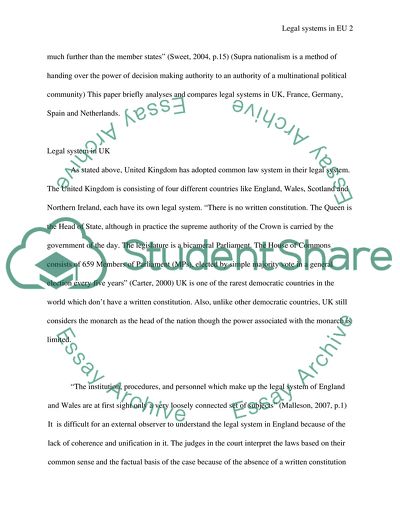Cite this document
(Legal Systems Employed within the European Union Research Paper, n.d.)
Legal Systems Employed within the European Union Research Paper. Retrieved from https://studentshare.org/law/1725252-legal-systems-employed-within-the-european-union
Legal Systems Employed within the European Union Research Paper. Retrieved from https://studentshare.org/law/1725252-legal-systems-employed-within-the-european-union
(Legal Systems Employed Within the European Union Research Paper)
Legal Systems Employed Within the European Union Research Paper. https://studentshare.org/law/1725252-legal-systems-employed-within-the-european-union.
Legal Systems Employed Within the European Union Research Paper. https://studentshare.org/law/1725252-legal-systems-employed-within-the-european-union.
“Legal Systems Employed Within the European Union Research Paper”, n.d. https://studentshare.org/law/1725252-legal-systems-employed-within-the-european-union.


